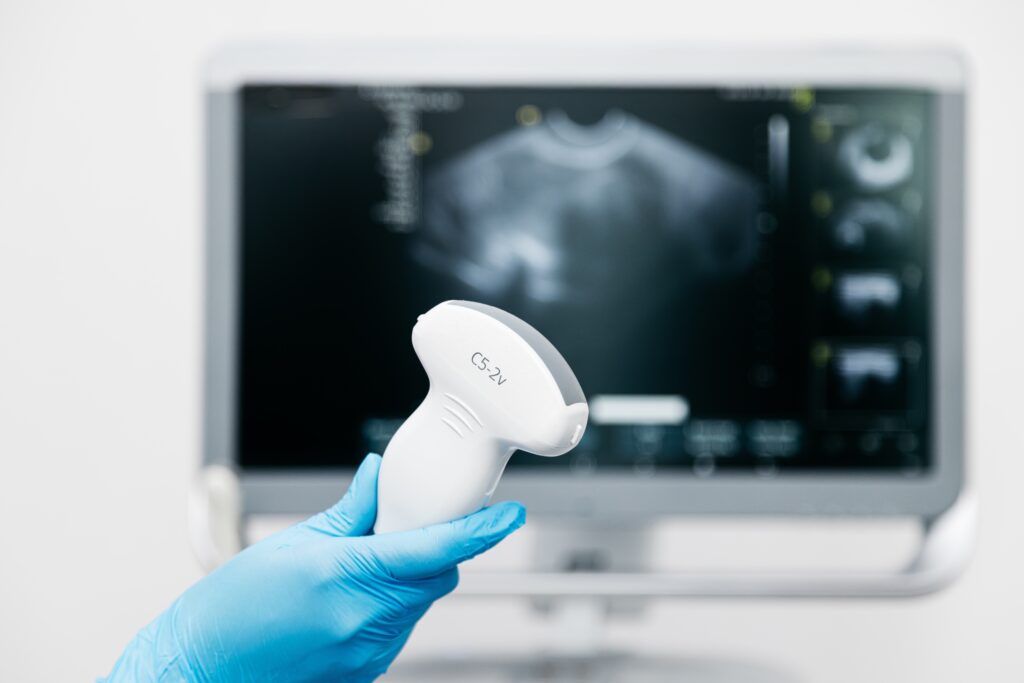A newly developed ultrasound “helmet” could transform the treatment of Parkinson’s disease and other neurological conditions, researchers have revealed. The device delivers highly precise pulses to brain regions as small as a grain of rice, offering a potential alternative to deep brain stimulation (DBS), which requires invasive surgery.
In early tests with seven volunteers, the helmet successfully targeted the lateral geniculate nucleus with unprecedented accuracy, influencing brain activity in connected regions. Scientists say similar targeting of motor control areas could help reduce tremors in Parkinson’s patients.
Developed over a decade by teams at Oxford University and UCL, the system integrates with MRI scanners and uses 256 ultrasound sources. Experts believe it could eventually be adapted for use in treating depression, Tourette syndrome, Alzheimer’s, chronic pain, and addiction.
While further trials are needed, researchers hope AI could one day allow the helmet to work outside hospital settings, offering patients a non-invasive, at-home alternative to brain implants.


